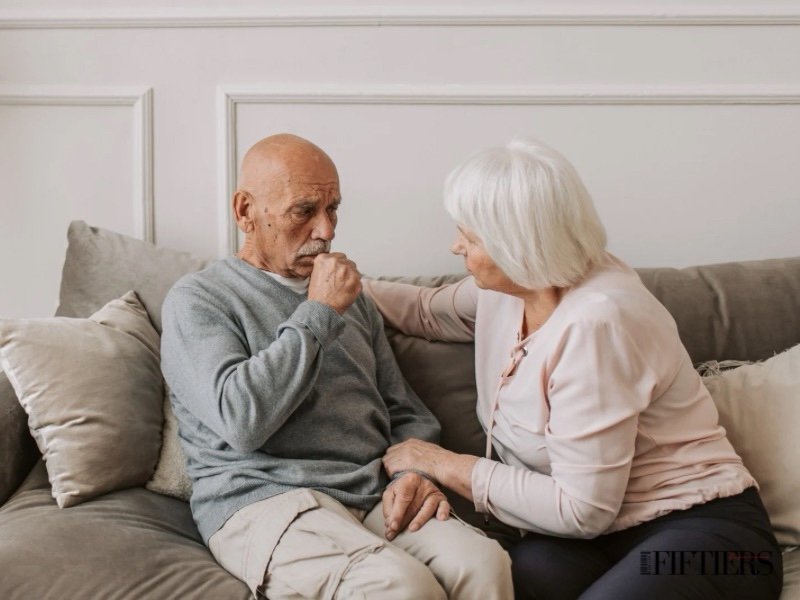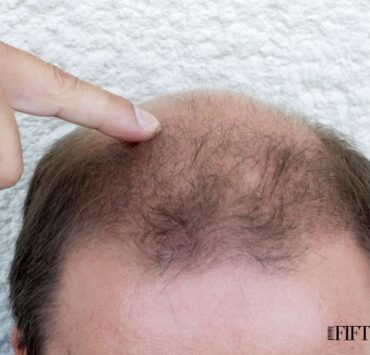Caregivers Over 50: The Hidden Face of Active Aging

FIFTIERS | Life Begins at 50. La vida comienza a…
A Spanish study reveals that informal caregivers over 50—mostly women—face significant declines in quality of life, particularly when living with the person they care for.
As longevity rises, so does a quieter social challenge: the unpaid care work carried out by older adults. A new study published in Scientific Reports (Nature) examines the lives of informal caregivers in Spain aged 50 and over, a population growing as fast as life expectancy itself.
The research, based on data from more than 6,000 participants, found that caregivers over 50 experience lower levels of physical and emotional well-being, especially those living under the same roof as the person they care for. Stress, sleep deprivation, and exhaustion were all identified as major factors affecting their quality of life.
The majority of informal caregivers in Spain are women (68%), many still balancing professional and family responsibilities. The study warns that this triple burden—work, home, and care—can lead to “accelerated aging” without proper social or psychological support.
FIFTIERS™ Reflection
To age actively is not to age alone. The 50+ generation forms the backbone of care in our societies, yet their well-being often goes unnoticed. Talking about longevity also means talking about support networks, work-life balance, and recognition.
Because caregiving is an act of love—but it is also a form of invisible labor that deserves visibility and respect.
Source: Scientific Reports (Nature) – “Quality of life of informal caregivers aged 50 and older in Spain by household living status” (November 2025)
Discover more from FIFTIERS
Subscribe to get the latest posts sent to your email.












